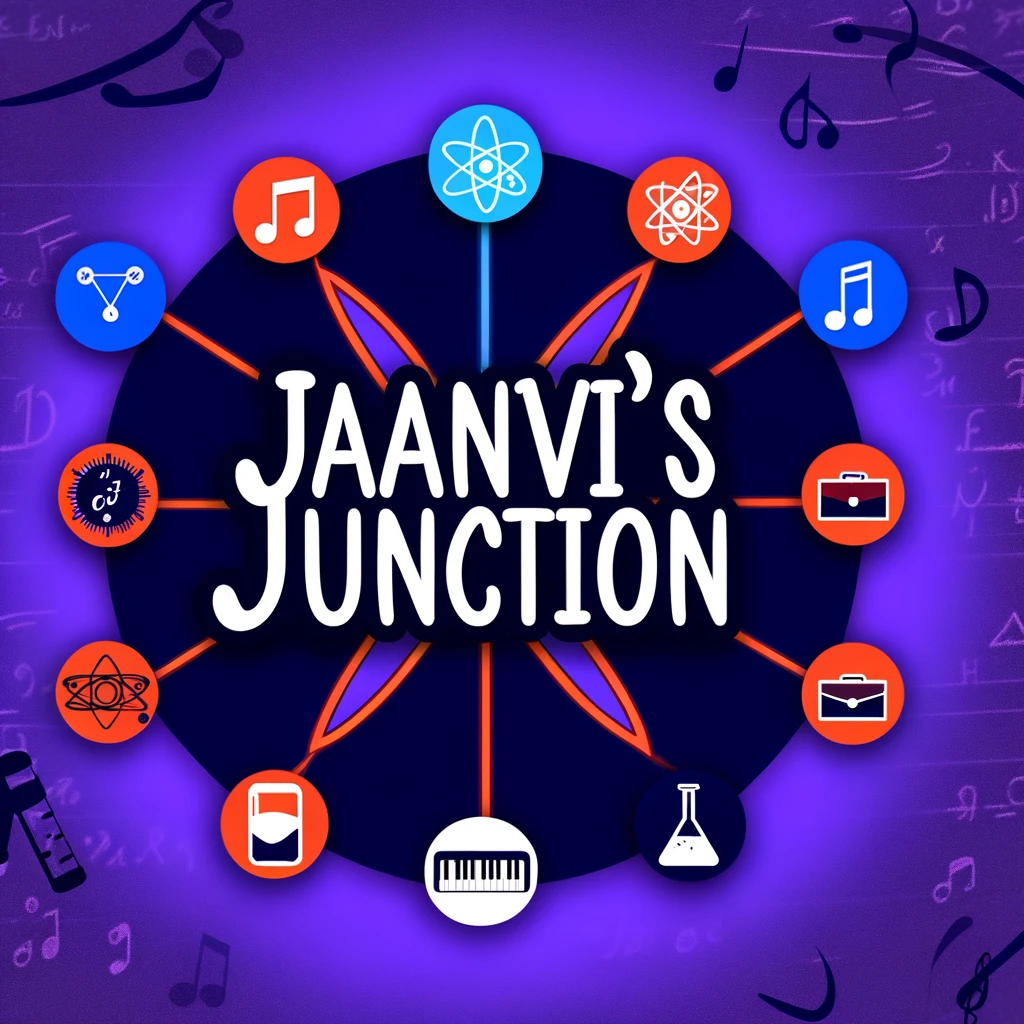Introduction:
Music has always been an essential part of human existence. From the rhythmic drumbeats of ancient tribes to the harmonious orchestras of the Renaissance, to the eclectic sounds of the digital era, music has served as a universal language transcending geographical boundaries, cultural disparities, and time itself. But it’s not just a source of entertainment; it plays a much more profound role, often going unnoticed in the grand scheme of things. This article aims to delve into music’s role in society, a fascinating journey from powerful protest songs to unifying national anthems.
The Power of Protest Songs:
Music has a history of being a potent tool for social change and political expression. Protest songs, in particular, have been instrumental in giving voice to various causes, reflecting societal concerns, and sparking movements. They often resonate with the prevailing sentiment of the masses, becoming rallying cries that fuel change.
In the 1960s, for example, American folk singers like Bob Dylan and Joan Baez became the soundtrack of the Civil Rights Movement and anti-Vietnam War protests with songs like “Blowin’ in the Wind” and “We Shall Overcome.” Across the pond, during the 1980s, British punk rock band The Clash railed against political and social injustices in their songs, reflecting the angst and discontent of the era.
These protest songs did more than just echo public sentiment; they helped shape public opinion, foster a sense of community, and mobilize action. Their messages, cloaked in melody and rhythm, could permeate barriers and reach a wide audience, underscoring music’s role in society as a catalyst for change.
The Significance of National Anthems:
On the other end of the spectrum, national anthems represent another key aspect of music’s role in society. Unlike protest songs that often challenge the status quo, national anthems are meant to unite, instilling a sense of collective identity and patriotism.
Every country has its national anthem, a musical composition that encapsulates its history, values, and aspirations. The powerful lyrics and stirring melodies of anthems such as “The Star-Spangled Banner” in the United States or “La Marseillaise” in France evoke a shared sense of pride and belonging among citizens.
National anthems play a crucial role in forging national unity, especially in diverse societies with different ethnic, religious, and cultural groups. They serve as a common thread that weaves together the individual strands of a nation, highlighting the collective over the individuals.
Music and Cultural Identity
Music’s role in society also extends to the formation and expression of cultural identity. It offers a sense of belonging, allowing individuals to connect with their cultural roots and heritage. Whether it’s the soulful strains of the blues originating from African American communities in the Southern United States, the lively beats of Latin salsa, or the captivating rhythm of African drumming, music is a rich tapestry reflecting the diversity of cultural experiences.
In indigenous communities around the world, traditional music forms are integral to cultural preservation. They serve as a repository of ancient wisdom, stories, and practices, passed down generations through songs and dances. For example, the Aboriginal people of Australia use music for storytelling, history preservation, and spiritual ceremonies, with the didgeridoo and clapsticks creating the unique, haunting sounds of their culture.
Music and Emotional Well-being:
It’s impossible to overlook music’s role in emotional well-being when discussing music’s role in society. It has the power to evoke a wide range of emotions and is often used as a form of therapy. The soothing tones of classical music, the invigorating beats of rock, or the heartfelt lyrics of a country song can uplift spirits, offer solace, and even aid in the healing process.
Music therapy is an established field that uses music interventions to accomplish individualized goals within a therapeutic relationship. It can help manage stress, express feelings, enhance memory, and improve communication, thus making significant contributions to an individual’s mental health and overall quality of life.
Music and Social Bonding:
Music also serves as a social glue, fostering community cohesion and social bonding. Music festivals, concerts, and communal singing events are all examples of how music brings people together. Group activities like choir singing not only provide a sense of belonging but also promote cooperation and empathy among participants.
Music can act as a social magnet, bringing together diverse individuals with shared tastes, thereby creating communities around specific music genres. Be it the devoted followers of the Grateful Dead, known as ‘Deadheads’, or the global community of K-pop fans, music has the power to foster a sense of identity and camaraderie among disparate individuals.
Summary:
In examining music’s role in society, from protest songs to national anthems, it’s clear that its influence extends far beyond simple entertainment. It’s a vehicle for political expression, a unifying force, a mirror of cultural identity, a promoter of emotional well-being, and a powerful social binder. It encapsulates the human experience in its vast array of forms and styles.
Music’s transformative power and its capacity to connect, communicate, and create is a testament to its invaluable role in society. As we navigate the complex challenges of the 21st century, it is worth remembering the power of a simple melody, a poignant lyric, or a rousing anthem in shaping the society we live in. Music, in its many forms, will continue to play a pivotal role in societal change, uniting us in our shared humanity and echoing our collective journey.

